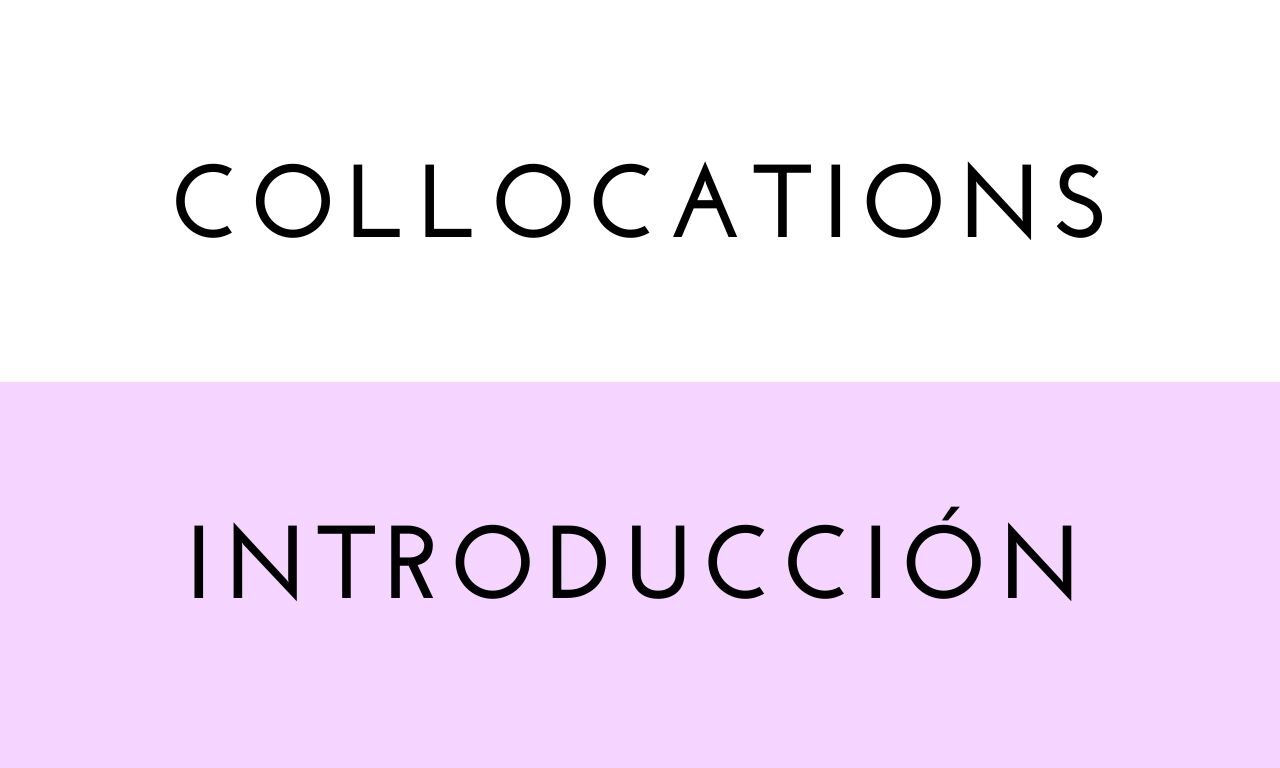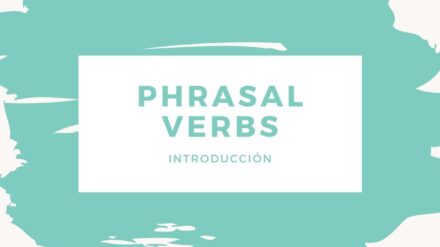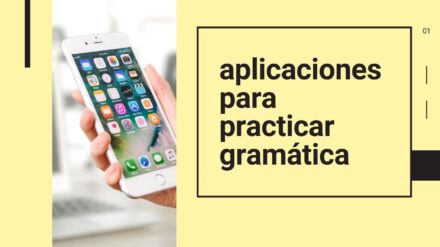En el idioma inglés, la colocación se refiere a una combinación natural de palabras que están estrechamente relacionadas entre sí. Algunos ejemplos son «prestar atención», «comida rápida», «hacer un esfuerzo» y «motor potente».
Wikipedia.
Llamamos collocations a un grupo de palabras que se suelen utilizar juntas de forma natural. Estas combinaciones se han ido asentando por su uso continuo en los hablantes nativos de una lengua de manera que a ellos les suena natural.
Veamos como ejemplo:
Make a plan
Do a plan
Quizá para algunos estudiantes de inglés cualquiera de las dos combinaciones parezca la correcta porque ambas realmente dicen lo mismo, hacer un plan, y un nativo de habla inglesa seguramente nos entendería. Sin embargo, si nos decantaramos por “do a plan” a un nativo de esta lengua le sonaría incorrecto.
El uso de las collocations nos da formas alternativas de decir algo, evitando las repeticiones, nos ayuda a decir las cosas de manera más natural y además a mejorar nuestro estilo escribiendo.
- It was very cold and very dark. – It was bitterly cold and pitch dark.
- Smoking is strongly forbidden. – Smoking is strictly forbidden.
- Breakfast should be a big meal. – Breakfast should be a substantial meal.
Tipos de Collocations
Normalmente podemos clasificar las collocations en las siguientes
categorías:
categorías:
Noun + Noun
Estas son collocations que siguen la estructura a…of …
- We have waited for you for a couple of hours.
- Having a good sense of humor is very important to enjoy the film.
- I’d like to buy a can of soda, please.
Noun + Verb
- The machine isn’t working again.
- The story begins with a terrible crime.
- The company has grown and now employs 150 more people than last year.
Verb + Noun
- Please, whatever happens, try to keep calm.
- Why don’t we take a walk around the park?
- You must pay attention to the teacher.
Verb + Adjective
- Oh, you look so beautiful tonight!
- She came to make me happy.
- I don’t like this cake, it tastes so bitter.
Verb + Adverb
- My mother placed her keys gently on the window ledge.
- Emily smiled proudly as she saw her daughter holding up the trophy.
- The crowd looked impatiently at the man on the tightrope.
Verb + Expression with Preposition
- We had to stop for gas because we had run out of it.
- The little girl burst into tears when she fell off her bike.
- The situation is getting out of control.
Adjective + Noun
- Sarah always wears bright color dresses.
- Best regards and thank you very much.
- Regular exercise provides you many health benefits.
Adverb + Adjective
- Frank and Jane are happily married.
- I felt extremely nervous during the driving test.
- I think he’s absolutely right.
Como véis, el aprendizaje de las collocations es una parte muy importante del aprendizaje del vocabulario de una lengua, no solo del inglés, ya que con su uso nos ayudará a conseguir un dominio de la lengua natural y preciso.
Siempre recomiendo a mis alumnos y alumnas que tengan a mano un diccionario de collocations. Yo suelo usar este:
Al igual que pasa con los phrasal verbs, la mejor forma de aprenderlos es con la práctica. En nuestro Facebook y Pinterest podéis encontrar ejemplos de collocations y en el apartado de collocations de nuestro blog.








